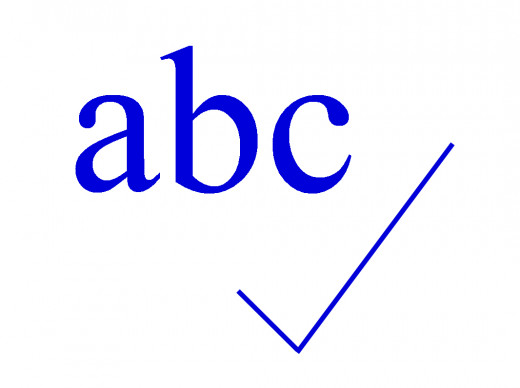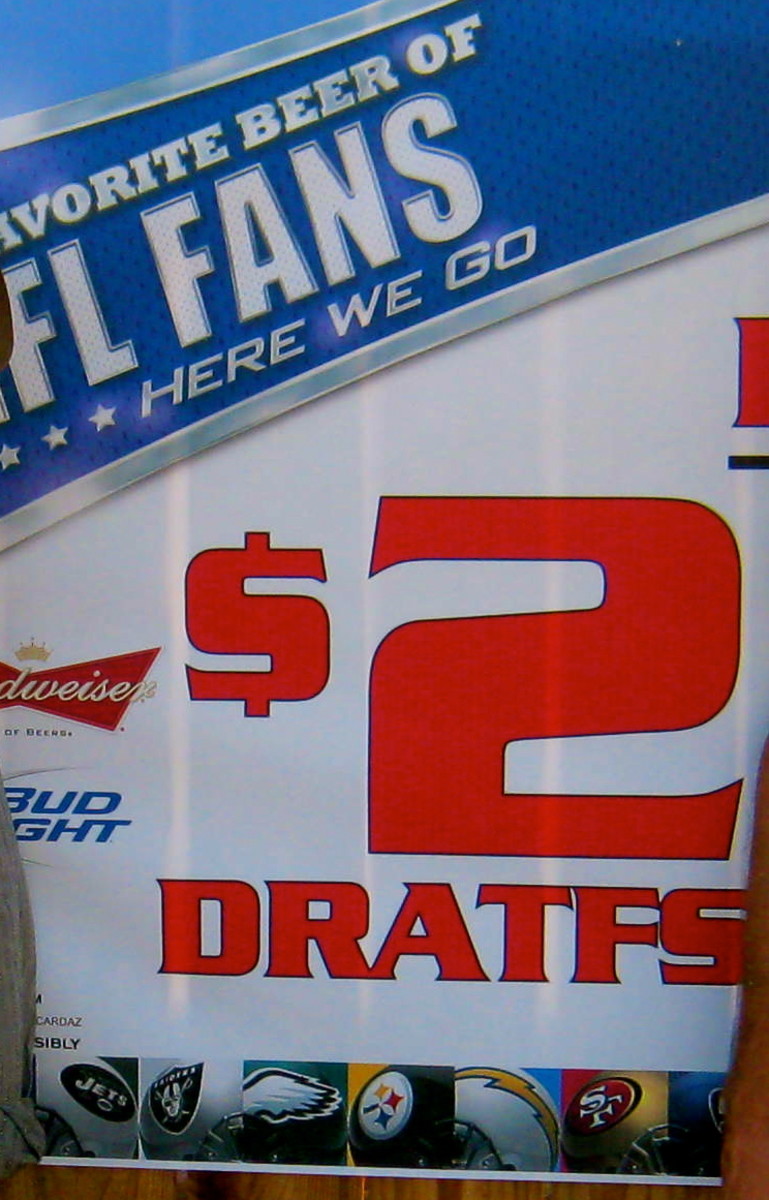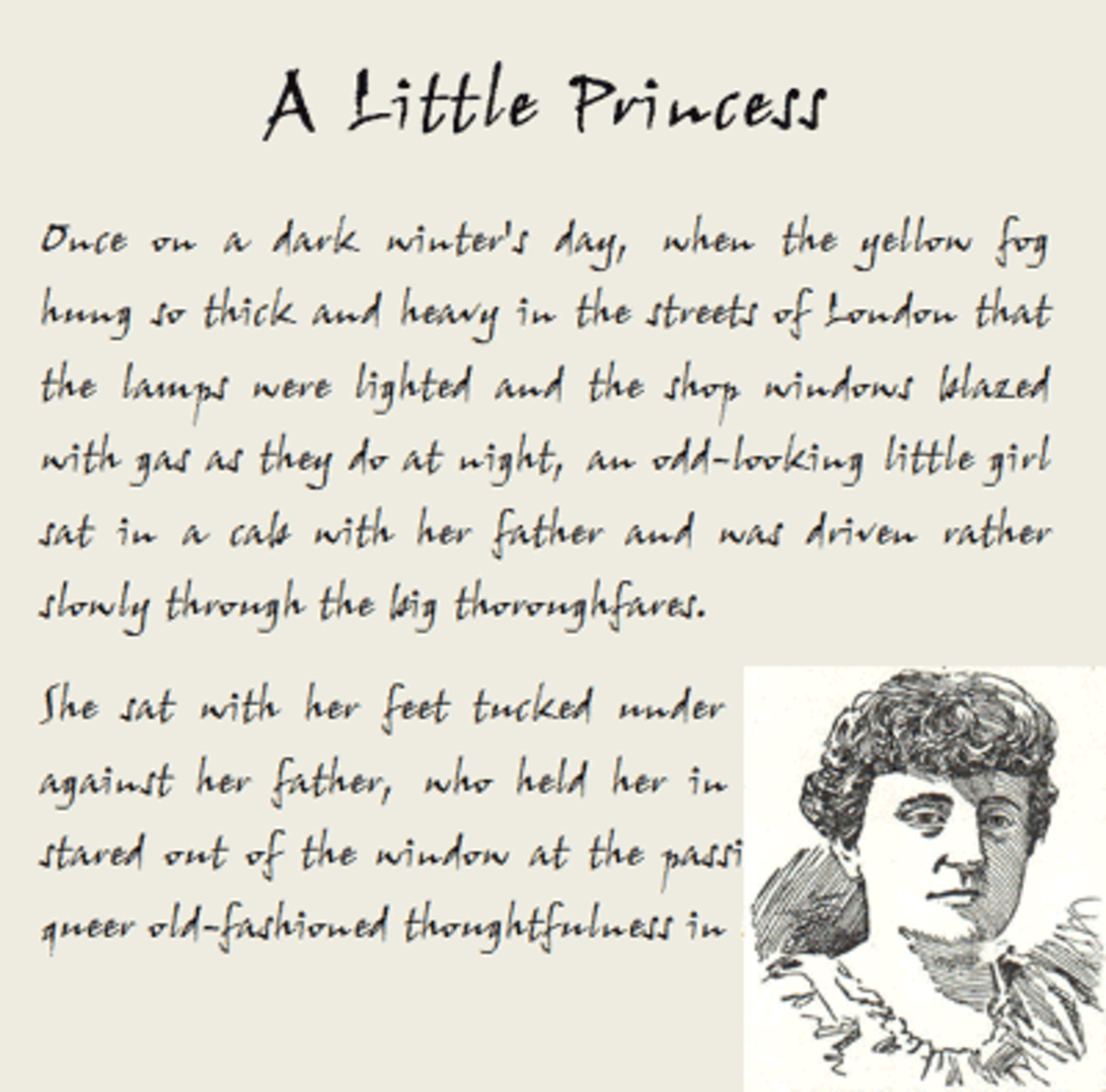Improve your writing - Common spelling mistakes that will not be picked up by your spell-checker

Blogging and internet writing for sites such as HubPages is a popular activity, producing a great many fascinating and well written articles on just about every subject you can imagine. However, with no editorial intervention, the quality of spelling and grammar on these sites is often far from perfect. Otherwise interesting and well-written pieces can look rather amateurish as a result of spelling errors, and the mistakes can often change the intended meaning of the sentence. It is very easy to overlook small typos when writing articles, especially when they are words that are not picked up by a spell checker, for instance when there are two similarly spelled words that mean different things.
In my capacity as a proof-reader I just can't help noticing these annoying little errors, and have made a list below of some of the most common spelling mistakes that I encounter, in the hope that it will help aspiring writers to improve their writing skills and produce more professional pieces. Most of you probably already know what I am about to say, but it never hurts to have a reminder, or to double check things you have written for typing errors that may have been overlooked.
Words that are often confused
Words that sound the same but have different meanings are called homonyms or homophones, some of which are spelt the same, but many are spelt differently and these are the ones that often cause confusion. Some of these are listed below, followed by a brief definition with examples of each to illustrate the point.
Lose and loose
Lose is the word you use when you misplace something, and is also the opposite of "win".
For instance: Don't lose your handbag, I want to lose weight, or I hope I don't lose this game.
Loose means slack, and is the opposite of tight.
For instance: this skirt is too loose for me, or the screw is loose.
Affect and effect
This is a very common mistake, and the difference between the two words is quite subtle.
Affect means "to have an effect upon" or to "make a difference to", as in "the weather affects my mood", "he was affected by the news".
An effect (used as a noun) is a change as the result of something happening. For example, "the effect of the recession on house prices". Effect can also be used as a verb meaning to bring about an action or change, for example "to effect a change in policies".
There, their, they're
These three are sometimes mistakenly used in place of each other, and while they sound the same the meanings are quite different.
There means the location, for example "he is over there".
Their means belonging to them, for example "it is their house".
They're is short for "they are", for example "they're coming to tea".
Led and lead
I think the confusion here arises from the different meanings and pronunciations of the word lead. When we are talking about lead the metal (noun), it is pronounced like the verb led. However, when we mean the verb lead it is pronounced "leed", and the past tense of this verb is led. Confused? Here are some examples:
"this will put some lead in your pencil", or "it felt as heavy as lead" (where lead is the noun)
"you lead the way", or "I will lead you to victory" (where lead is the verb, in present or future tense)
"he led them to victory" or "I was led astray" (where led is the past tense of the verb).
Its and it's
A simple little mistake that crops up again and again:
we use its when we mean belonging to it, for example "the dog hurt its leg"
and we use it's only when it is short for "it is", for example "it's never too late to learn".
Advise and advice
Advise is the verb, used like this: I would advise you to check your spelling
Advice is the noun, used like this: Let me give you some advice
And so on ...
Those above are only a few examples, but there are many more words which are easily confused in the English language, such as:
wear, where and were, which and witch, principal and principle, practise and practice, great and grate, made and maid ... the list is pretty inexhaustible. If there are any pairs of words here that you find hard to distinguish between it could be time to reach for that dictionary!
Further advice
- Always use the spelling and grammar check when typing in word-processing software
- Use the spell-checker provided when typing into templated software, such as the HubPages text modules (look for the ABC icon at the top of the module)
- Use a dictionary if you are not sure if you have used the correct word
- A thesaurus is also useful if you want to find an alternative word with the same meaning
- Do not publish until you have read through, and re-read your article for mistakes. I usually come back the next day and re-check before publishing, and invariably find something I'd missed the day before
- Get somebody else to read your article before publishing, they're bound to spot something you haven't noticed.
Following these few simple steps can save a lot of embarrassment, and will improve the overall quality and credibility of your articles.









